In a few years’ time the only clue that the name Fairfax was ever synonymous with wealth and influence in Australia will be a road in one of Sydney’s most affluent suburbs.
Unsurprisingly, perhaps, the road in question runs close to one side of what locals refer to as the Packer compound, and when I lived on it I used to wonder if it irked Kerry Packer to have to use a street named after an older and more respected media dynasty when he nipped down to the Double Bay Woolworths for his durries – especially when his attempts to add Fairfax titles to his basket were being thwarted. You didn’t see the great man out and about too often, because by then he’d had so many blood transfusions he couldn’t leave his coffin til the sun went down. Other members of the family were a common enough sight, though, and if I happened to be walking along the pavement when one of them drove past I would always fall onto the road, clutching my shin and screaming, hoping he or she would glance in the rear-view mirror, foresee the headlines and buy my silence. Unfortunately none of them ever stopped, so I would then stand up, brush myself off and reassure my sobbing children that daddy was only playing a game. I do hope that hasn’t scarred them.
In those pre-digital days, the regulatory wall between print and broadcast ownership looked unassailable. So it’s hardly surprising that the Prime Minister who built it has been so vocal in his opposition to the Fairfax sell-out – sorry, merger. Paul Keating is not a man known for sugar-coating his views, but his description of the Channel Nine news culture as a pus-filled carbuncle on the ABC’s 7.30 may still have struck some viewers as de trop so early in the evening. But maybe it’s time we had a few new similes and analogies, since some of those we default to are so clearly not fit for purpose.
For example, an oft-repeated complaint about social media is that far from enabling people to commune with a vast diversity of mind-broadening opinion, as Zuckerberg & co. keep telling us it does, the algorithms which have made Twitter, Facebook and YouTube credible advertising platforms – and, ergo, commercially viable – have actually resulted in most of us living in a media ‘bubble’. Bubble, it should be said, is a word with a long and respectable commercial pedigree, having been used to describe every boom-and-bust phenomenon from the 18th century South Sea Bubble to the dot-com bubble of the new millennium. Chimeric projections of things like hope and rumour, such schemes were ephemeral in essence and as such, like real bubbles, doomed to burst.
But the so-called media bubbles we inhabit today, being the constructs of long established and often immutable demographic and socio-economic partition, have proved extremely un-bubble-like in their persistence. Indeed, in echoing our attitudes and beliefs and in shielding us from alternatives they compound our convictions to the point where they are impervious to puncture. It seems to me that a worrying common denominator of global warming, the Trump presidency and Brexit is not so much the extremity of anyone’s viewpoint of any of those issues, but his or her refusal to even contemplate any argument or evidence which might undermine it. Perhaps we should stop talking about media bubbles and start talking about media blinkers.
One species of social group which deserves to be called bubbles are literary or writers’ festivals. Partly because none of them ever last more than a few days, and partly because, as Gerard Henderson said in an op-ed in the Weekend Australian, they are basically ‘Talkfests for ideological mates’. But who would have thought that Germaine Greer and Bob Carr would ever have been described as such? Ms Greer dismissed her de-platforming at the Brisbane Writers’ Festival with laudable bravado. Mr Carr has been more guarded in his response. Partly, no doubt, because the festival would have helped him sell a few more copies of his latest book. But perhaps also because, this being his first real public appearance since the death of Stephen Hawking, it would have been the first time he could sit in a chair and tilt his head without being asked to explain string theory.
Got something to add? Join the discussion and comment below.
Get 10 issues for just $10
Subscribe to The Spectator Australia today for the next 10 magazine issues, plus full online access, for just $10.
You might disagree with half of it, but you’ll enjoy reading all of it. Try your first month for free, then just $2 a week for the remainder of your first year.


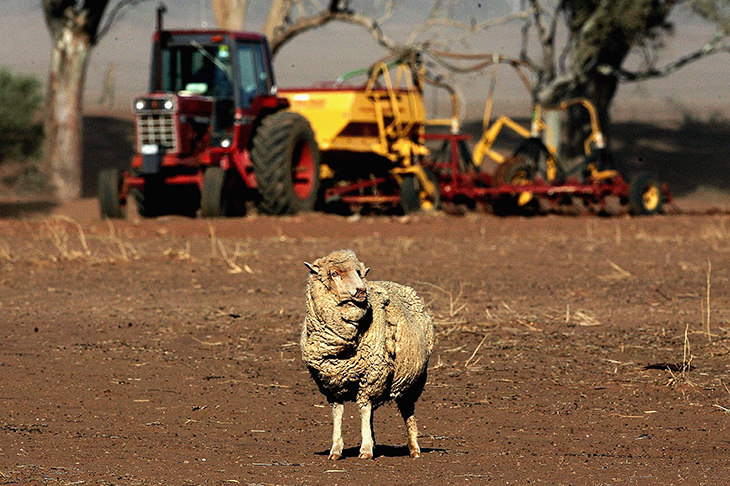
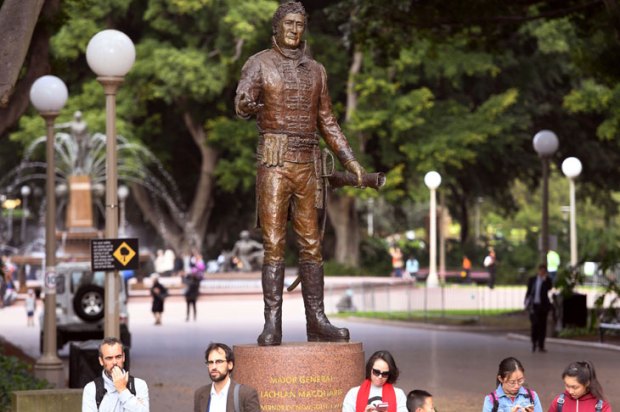
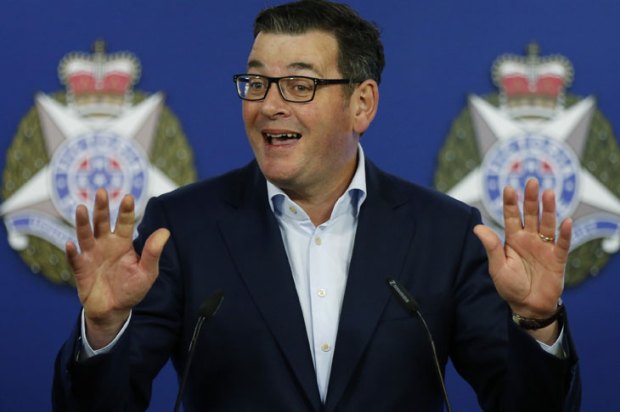
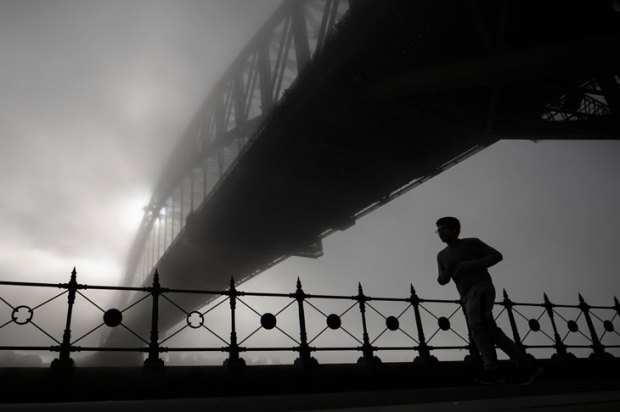
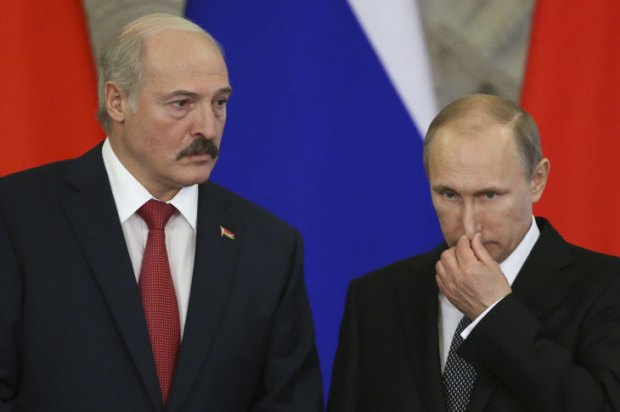

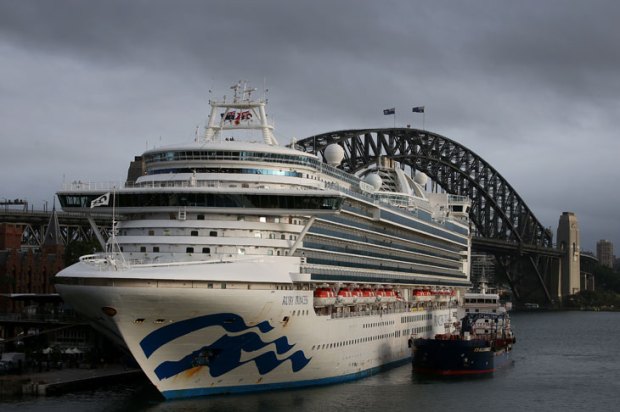






Comments
Don't miss out
Join the conversation with other Spectator Australia readers. Subscribe to leave a comment.
SUBSCRIBEAlready a subscriber? Log in